SGGPO
According to Vietnam Electricity (EVN), the deposit amount needs to be considered together with the short-term debt balance (VND60,045 billion) at the same time of the power corporations. The debt at the units is very large, the need to repay principal and interest during the year is very high, so many units have to maintain enough balance to pay off due debts.
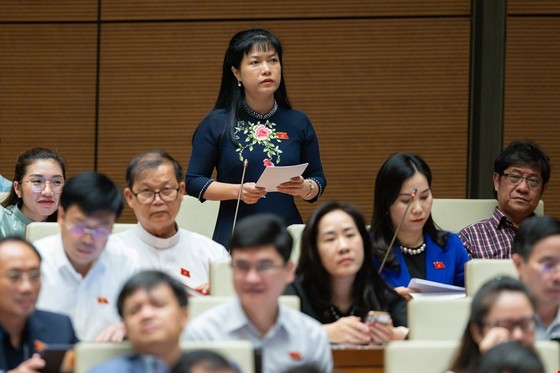 |
| Delegate Ta Thi Yen, Deputy of the Delegation Affairs Committee |
EVN has just sent to Deputy Ta Thi Yen, Deputy of the Delegation Affairs Committee, a document explaining the request to increase electricity prices, but still depositing tens of thousands of billions of VND in the bank. EVN said that units must maintain enough balance to pay off debts when due to ensure creditworthiness for future loans.
Previously, at the discussion session on the socio-economic situation (May 26), Deputy Ta Thi Yen raised a question about EVN's business performance when in 2022 it reported a loss of VND 26,000 billion.
“If we say that it is due to high input prices, including fuel, interest or exchange rate losses, then the subsidiaries are also facing this difficulty. Why are the results different? Is this a problem of management capacity?”, the female delegate questioned.
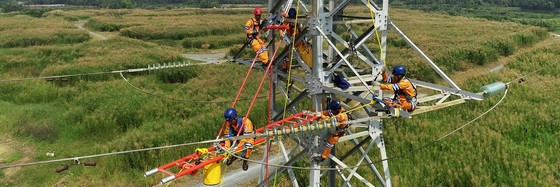 |
According to EVN, the national electricity output is over 850 million kWh/day. |
Explaining why it has to import electricity from Laos and China instead of buying wind and solar power, EVN said that the imported electricity output is relatively small, of which about 7 million kWh/day is imported from Laos and 4 million kWh/day from China.
While the national electricity output is over 850 million kWh/day (450 million kWh/day in the North alone), the above import figure only accounts for a very low proportion, less than 1.3% of the total national electricity output.
These sources are not necessarily lacking and must be imported. We have been buying electricity from China since 2005. We also import electricity from Laos under an intergovernmental agreement. We have also been selling electricity to Cambodia for a long time based on agreements between neighboring countries.
Meanwhile, according to EVN, renewable energy has developed strongly in recent times but mainly in the Central and Southern regions, while difficulties in power supply at certain times occurred in the North. At the same time, due to technical limitations to ensure safe operation of the 500kV North-South transmission lines, additional power sources in the Central and Southern regions cannot support the North.
Regarding the negotiation and signing of power purchase contracts for transitional wind and solar power projects, EVN said that by May 31, 2023, there were 50 projects with a total capacity of 2,751.661 MW. The investor proposed a temporary electricity price equal to 50% of the ceiling price of the electricity generation price frame for each type.
EVN has submitted to the Ministry of Industry and Trade and received approval from the Ministry of Industry and Trade for 40 projects with a total capacity of 2,368.7 MW. Of which, 7 projects/parts of projects with a total capacity of 430.22 MW have completed the procedures for recognition of commercial operation and generating electricity to the grid.
The remaining projects/parts of projects are completing the testing program and completing related legal procedures to be eligible for operation as soon as possible.
Regarding the issue of "EVN asking to increase electricity prices, but a series of subsidiaries have tens of thousands of billions of VND deposited in banks" as reported by the press, EVN explained that the amount of deposits needs to be considered together with the short-term debt balance (60,045 billion VND) at the same time of the power corporations.
“Not to mention the long-term debt balance, just considering the short-term debt balance above, it is clear that the debt balance at the units is very large, the need to repay principal and interest during the year is very high, so many units are required to maintain a sufficient balance to pay off due debts to ensure creditworthiness for loans in the coming time,” EVN explained.
According to EVN, the above deposit balance will be used to pay debts to suppliers, pay for electricity purchases for rooftop solar power plants and small hydropower plants at the beginning of next month according to signed contracts to invest in distribution - retail systems to meet the demand for load growth, and costs for production and business activities.
Power corporations must proactively balance appropriate cash flows to ensure timely payment of principal and interest to credit institutions, payments to suppliers and power plants according to regulations, and at the same time be responsible for improving the efficiency of capital use of their units.
Source








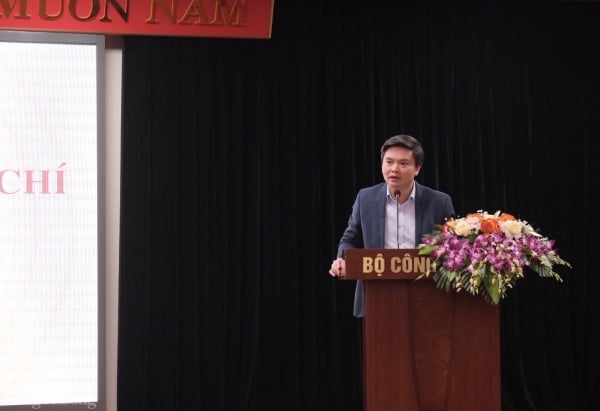

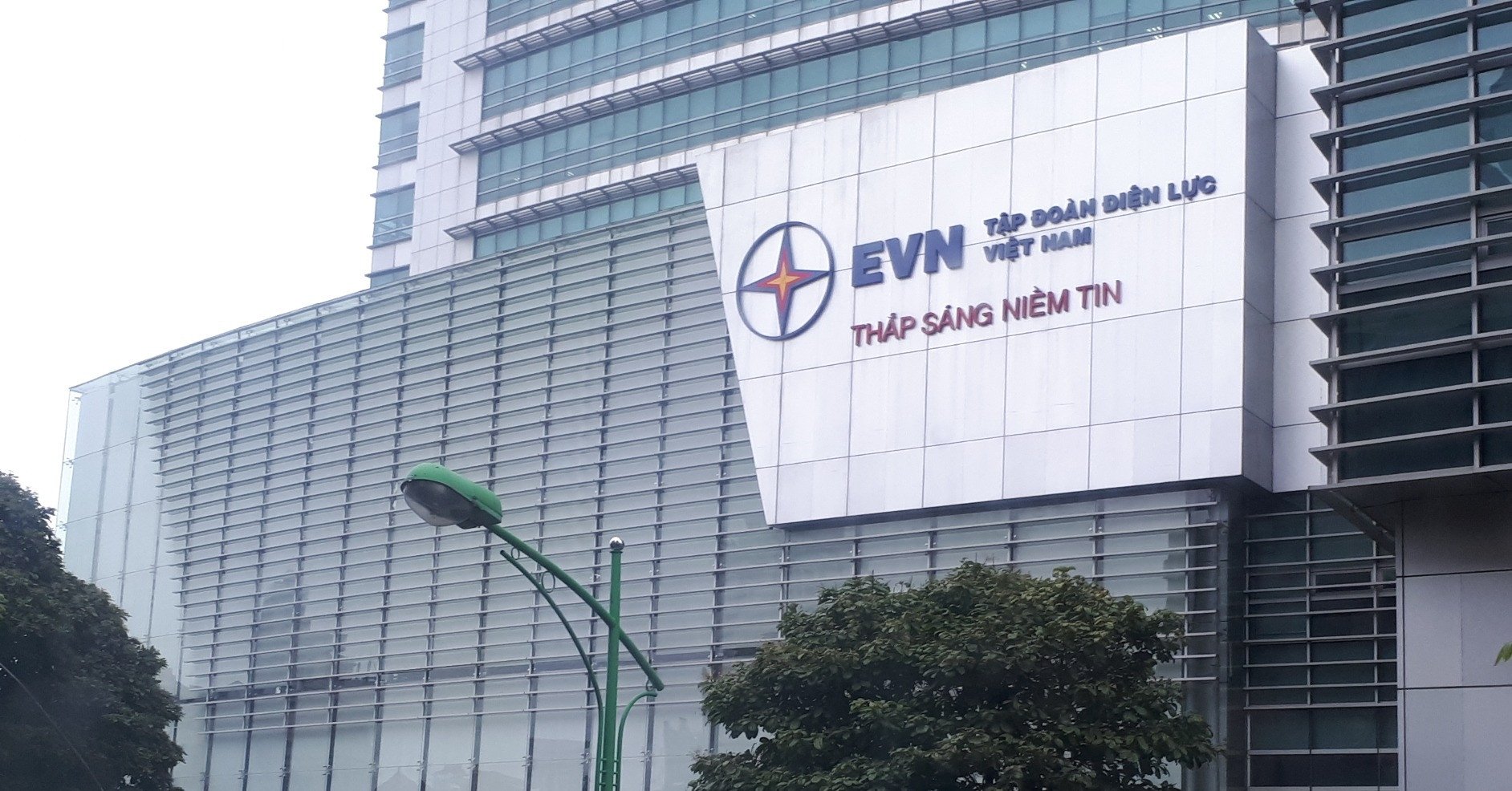

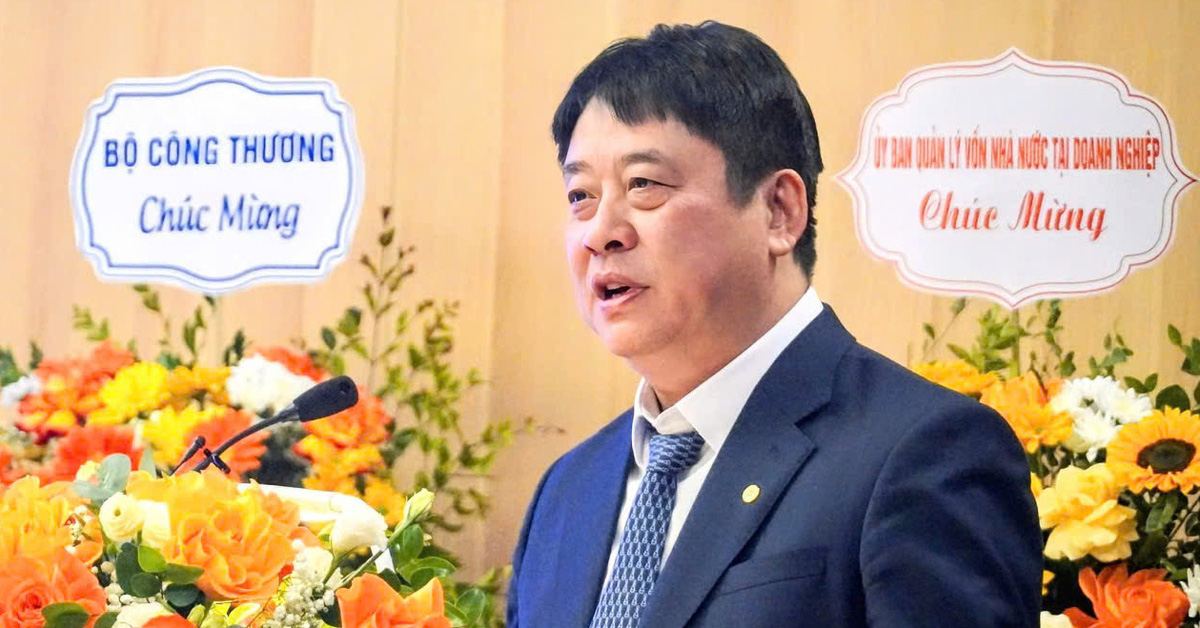

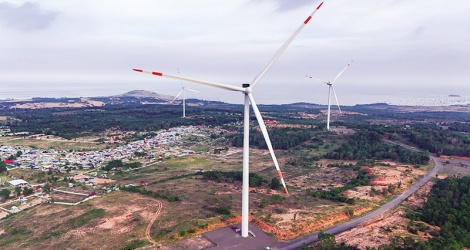
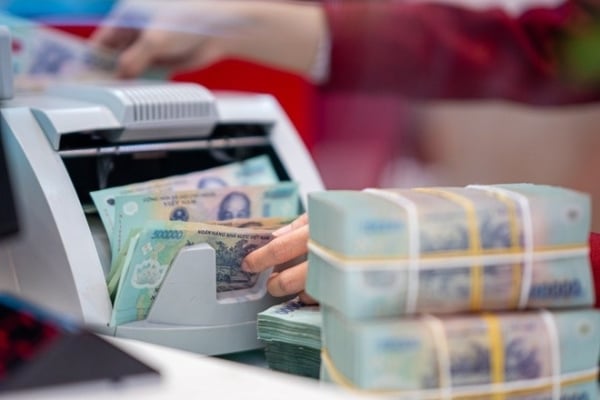

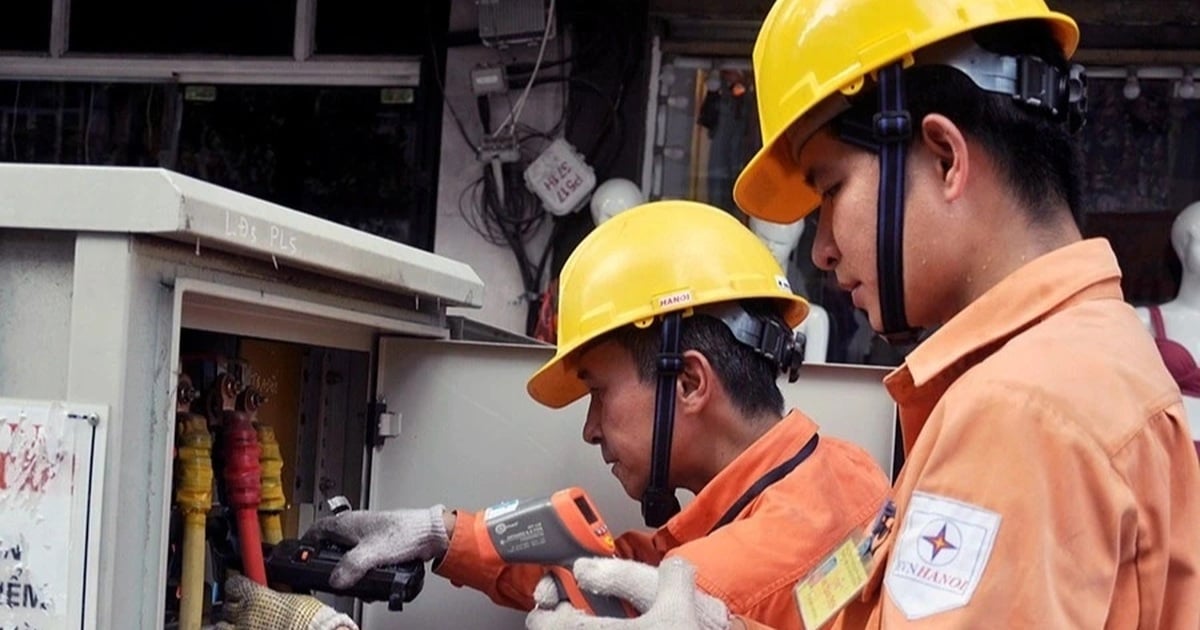



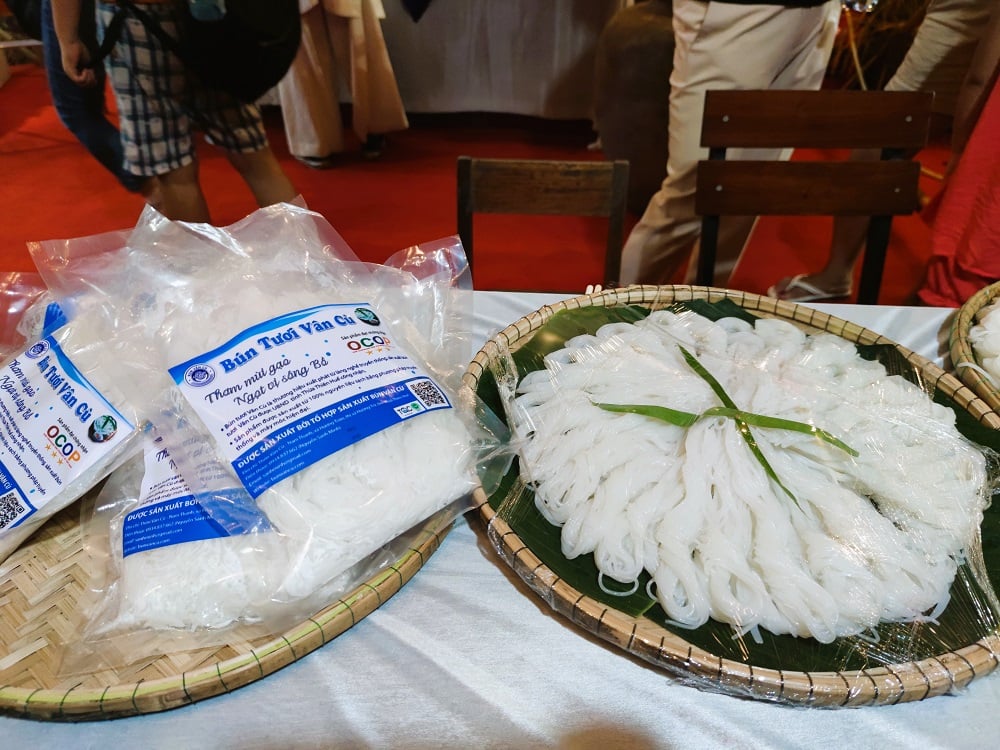












![[Photo] Prime Minister Pham Minh Chinh chairs Government Conference with localities on economic growth](https://vstatic.vietnam.vn/vietnam/resource/IMAGE/2025/2/21/f34583484f2643a2a2b72168a0d64baa)




























































Comment (0)